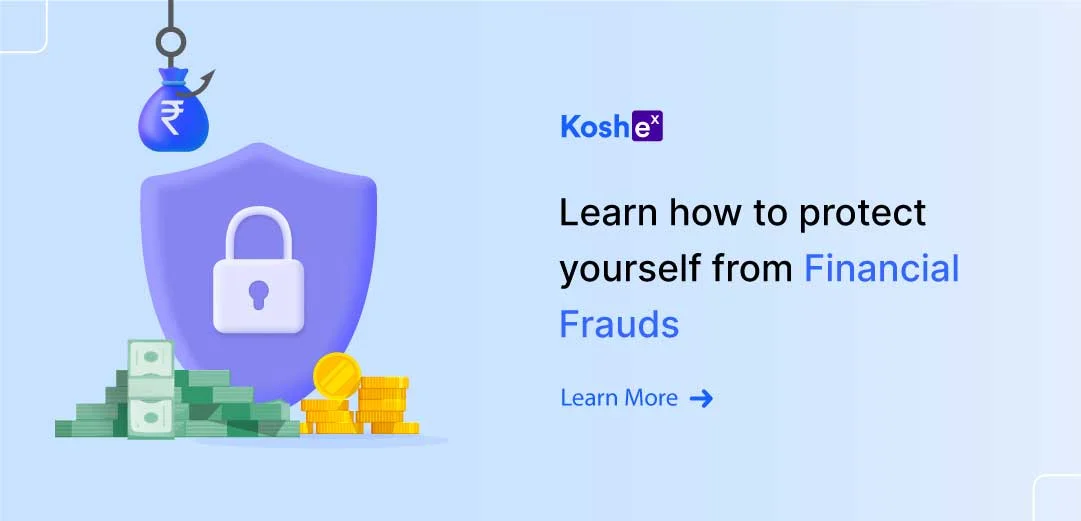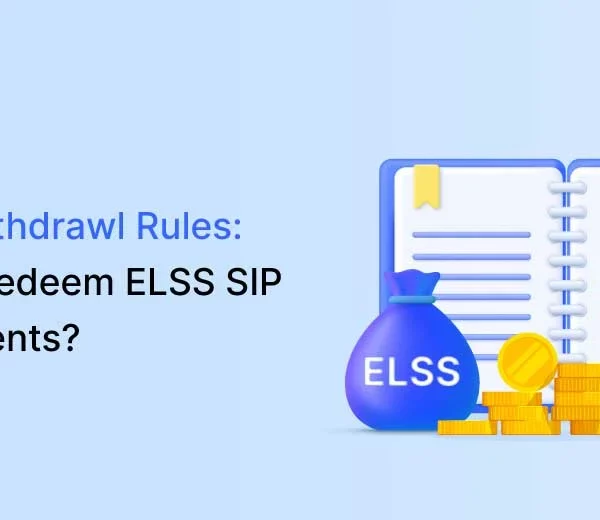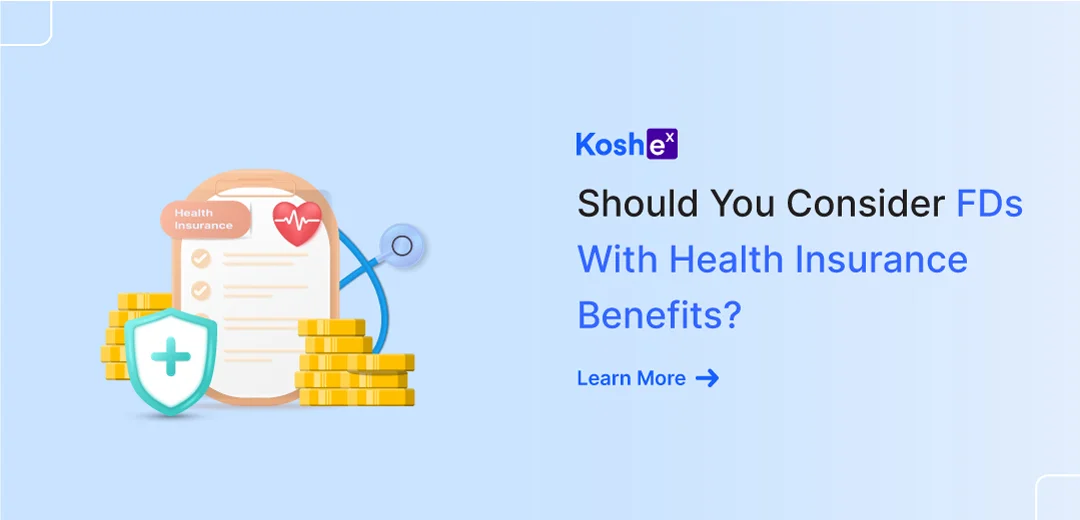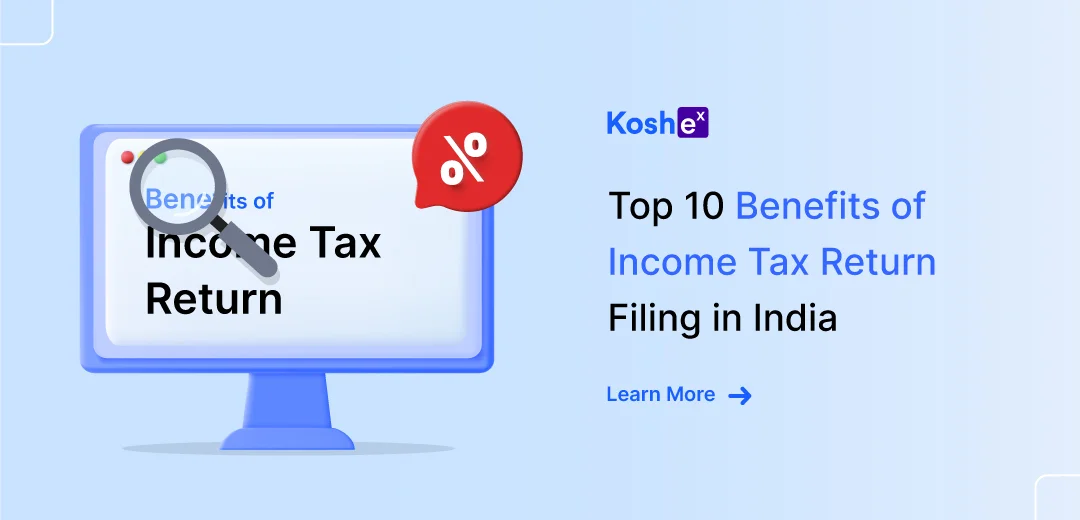The Best Ways To Prevent Financial Fraud
Undoubtedly, cashless transactions have made both payments and investments easy. And it also reduced the risk of carrying huge amounts of cash while going out. At the same time, it paved the way for a higher level of financial fraud.
According to the Annual Report of the Reserve Bank of India (RBI) for the financial year 2021-22, reported financial fraud cases in FY22 stood at 9,103. Of these, 5,334 frauds, about 59% of the total reported cases, happened in the private sector banks and 3,078 in public sector banks.
Growing your wealth and protecting it from fraudsters is a challenging task. It requires a lot of research, patience, and vigilance, which is difficult in a busy life. Worry not. Koshex is here to help you make informed financial decisions. Also, Koshex provides a higher level of security for your data and money.
Here are a few tips to stay vigilant and keep your money safe from fraudsters.
Keep your device up to date
Updates can improve the features and compatibility of your security software, OS, and browser. They help fix the software’s flaws and remove older features that are no longer needed.
You should be extra cautious if you share the network with others in your office or other places, as your system is more vulnerable to threats like malware.
Malware not only steals sensitive information from your device but can also encrypt files and documents, making them inoperable.
Check your accounts periodically
Checking your savings and credit card accounts helps you to find any fraudulent activities happening in your accounts.
If you find any suspicious transactions in your account, inform your bank or credit card company for timely action. Additionally, checking your accounts regularly allows you to keep a tab on your expenses.
Usually, banks and credit card companies send your text messages immediately after every transaction. Try not to ignore them; reading them on time can stop you from landing significant financial losses.
Besides, you should change your account’s password at least once a quarter. Keep different passwords for different accounts and ensure that they are strong with a combination of upper- and lower-case letters and numbers.
Invest only through recognized platforms
These days, many fintech companies, NBFCs, and banks offer app-based trading and investing platforms in India. No doubt, it makes investment tasks of the tech-savvy populace easy. But before making investments through these apps, check their authenticity.
Use only the apps of recognized and registered players, such as Koshex. Koshex is registered with AMFI and recognized by Startup India.
Make purchases only through established sites
Never mind how appealing and trendy the products are shown on a new or lesser-known online purchase site. You should limit your online purchases to well-known and established sites. Before making payments, confirm that a lock symbol exists in the site’s address.
It ensures the website is secured. Chances are high that websites whose names sound similar to popular labels or have almost identical spelling as established brands are the home ground of financial fraudsters.
Stop getting lured by schemes that offer unrealistic returns
Schemes that offer exponentially high returns than the market are usually financial frauds. Before investing in any scheme, read its documents thoroughly and understand how it works. If you find anything suspicious, inform the police or the concerned authorities.
Use your digital wallets wherever possible
While making payments, if you have the option to pay through digital wallets, then take advantage of them. They are more secure than other modes of payment due to data encryption and tokenization. Remember, payment cards are more vulnerable to financial fraud.
Use only private networks for transactions
While making financial transactions, avoid using devices accessible to many people. Also, do not use public WIFI or an unsecured connection for the same.
The security of such devices and networks may be compromised, and anyone can quickly access your payment card information from these places.
Learn to say no
Say no to calls asking for donations for charitable projects or other welfare work. Also, avoid those phone calls that offer you loans and credit cards at lower interest rates, no processing fees, and without document verification. If you get lured by these offers, you’ll indeed get trapped in financial fraud. Similarly, don’t reply to unsolicited messages and emails.
Stop randomly clicking on links and images
These days, you can find many pictures and links on most websites. Randomly clicking on them can land you in big trouble. If the link you clicked is a phishing link, it’ll install the malware in your device in no time. Immediately it’ll start harvesting sensitive information from your device.
Once scammers get your personal information, they can do anything with it. In most cases, their aim will be your money. Above this, certain malware starts sending phishing messages to your contacts as soon as it attacks your device or serves fraudsters with remote access to your device.
Set a scanner schedule
Last but not least, set a schedule in your virus scanner to ensure the safety of your devices. Also, be mindful of what is happening in the scam land and tech world.
Thus, you can apply additional security to your devices and keep your money safe.
Conclusion
Though a lot of financial fraud is happening in our country, only a few are being reported. If you find any unauthorized transaction in your bank or credit account, inform your bank or card issuer immediately.
Also, taking immediate steps to block your credit card or transfer money to another account will help to stop further losses.
Use a trusted investment platform like Koshex to invest in various avenues, such as mutual funds, fixed deposits, smart deposits, and digital gold. Koshex ensures the security of your financial and personal data. Its security standards are as high as banks, and it uses Military Grade Encryption on your data.
FAQs
1. If I’m a victim of online financial fraud, where should I report it?
You should immediately report online financial fraud to your bank or financial institution. You must also file a formal FIR complaint with the cybercrime police of your jurisdiction.
What is a QR Code scam?
A QR code scam usually impacts people who try to sell things online. Here, scammers pretend as potential buyers of your product. They send you a QR code and ask you to scan it to receive the payment. After you scan the code, it may ask you to enter your UPI PIN. Once you enter the PIN, the scammers will get access to your account, and they’ll soon start siphoning off money from your account.









Leave a Comment